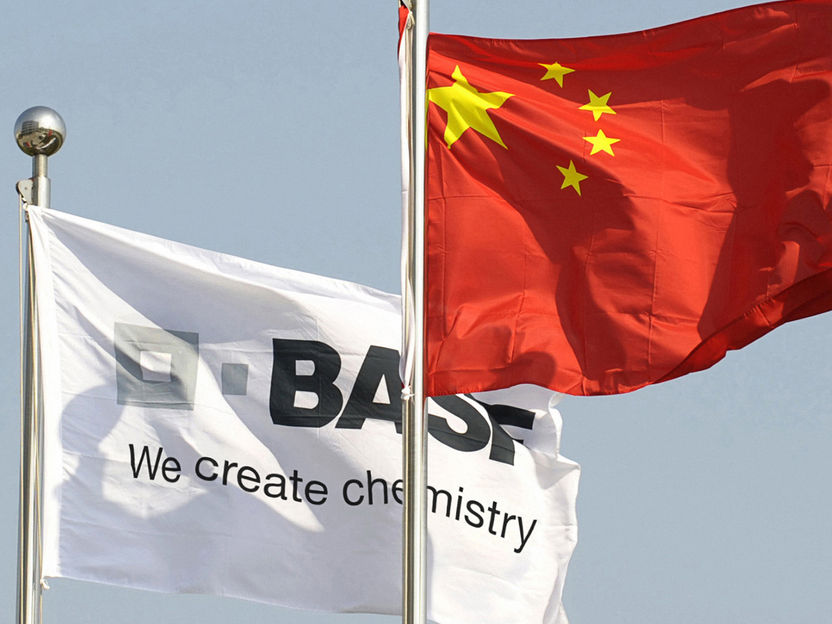BASF to divest shares in its two joint ventures in Korla, China
Accelerated divestment due to higher carbon footprint and human rights concerns
In the fourth quarter of 2023, BASF started the process to divest its shares in the two joint venture companies BASF Markor Chemical Manufacturing (Xinjiang) Co., Ltd. and Markor Meiou Chemical (Xinjiang) Co., Ltd. in Korla, China. As part of BASF’s global strategy for 1,4-butanediol (BDO), BASF has assessed the market environment and product carbon footprints (PCF) of BDO and its downstream products from different production sites worldwide. BDO value chains are under increased competitive pressure and characterized by global overcapacities. Furthermore, carbide-based BDO and polytetrahydrofuran produced in Korla have a significantly higher PCF due to the use of coal as a base raw material and the high energy intensity of the production process. In the future, BASF will customize its global portfolio of BDO and affiliated downstream products to provide competitive low-PCF offerings.

BASF SE
The situation in the Xinjiang region has always been part of BASF’s overall assessment of its joint ventures in Korla. Regular due diligence measures including internal and external audits have not found any evidence of human rights violations in the two joint ventures. Nonetheless, recently published reports related to the joint venture partner contain serious allegations that indicate activities inconsistent with BASF’s values. Consequently, BASF will accelerate the ongoing process to divest its shares in the two joint ventures in Korla, subject to negotiations and required approvals of the relevant authorities.
It is important to note that, also in the context of the public reports, BASF has no indication that employees of the two joint ventures in Korla were involved in human rights violations. The most recent reports relate to BASF’s joint venture partner, in which BASF does not have a stake.
BASF’s presence in China remains otherwise unchanged, and the company is fully committed to its business activities and planned investments in the country. Already today, Greater China accounts for around half of global chemical production. Global growth in chemical production until 2030 will be driven by Greater China, which will account for around 80% of the total growth during the period from 2022 to 2030.
Most read news
Topics
Organizations
Other news from the department manufacturing

Get the chemical industry in your inbox
By submitting this form you agree that LUMITOS AG will send you the newsletter(s) selected above by email. Your data will not be passed on to third parties. Your data will be stored and processed in accordance with our data protection regulations. LUMITOS may contact you by email for the purpose of advertising or market and opinion surveys. You can revoke your consent at any time without giving reasons to LUMITOS AG, Ernst-Augustin-Str. 2, 12489 Berlin, Germany or by e-mail at revoke@lumitos.com with effect for the future. In addition, each email contains a link to unsubscribe from the corresponding newsletter.


























































